
A modern archive strategy treats data as powerful information that continues to have value, regardless of the age of the data.

A modern archive strategy treats data as powerful information that continues to have value, regardless of the age of the data.

Without AI, no healthcare organization is going to be able to keep up with the amount of clinical documentation as more healthcare data is generated and jobs go unfilled.
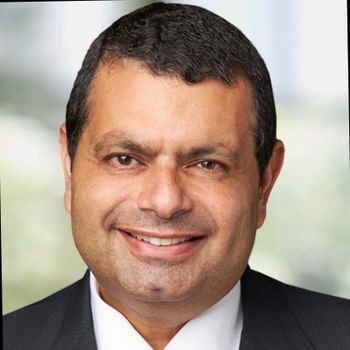
The devices have become more widely used to help patients manage diabetes. Ash Shehata of KPMG talks about his optimism for the market.

Researchers found patients had better outcomes and lower costs by obtaining the devices through a medical benefit over a pharmacy. Arti Masturzo, chief medical officer at CCS, talks about the study and implications for patients.

The devices are more widely available, and motivated patients can use them as tools to improve their health, says Dr. Robert McCauley of Lehigh Valley Health Network.

The House Energy & Commerce Committee has passed the legislation, but some key provisions for telehealth are slated to expire at the end of the year.

Healthcare technology leader Geeta Nayyar and Vinitha Ramnathan of NRC Health talk about AI, problems to address with ethics and equity, and reasons for optimism.
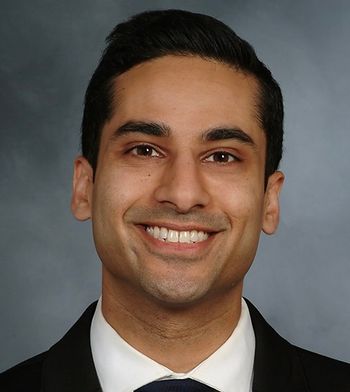
It’s going to take time for the public to understand the use of artificial intelligence in medicine. Dr. Dhruv Khullar of Weill Cornell Medicine outlines ways to foster trust.

The majority of executives see growing value in artificial intelligence, but they say they’ll need people to utilize new technologies.

The complacency with electrocardiogram signal noise has become all too common. But it is threatening basic operations and the ability to provide quality care.
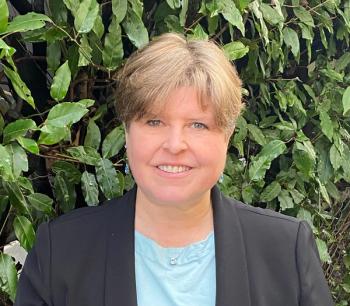
These steps can offer opportunities to improve the bottom line and deliver better care to patients.

The healthcare technology company has released new offerings in urgent care and women’s health. Nele Jessel of athenahealth talks about how the company wants to meet the needs of specialists.

Health systems delayed appointments and procedures due to the disruption. Hospitals need procedures for serving patients when the worst happens.

A number of health systems delayed appointments and surgeries due to the problems related to CrowdStrike’s software update.

On Thursday, a global outage of Microsoft software affected some health systems in the United States, which announced they were canceling some procedures or only taking urgent care visits.

Exacerbated most recently by the pandemic, physician burnout has been particularly pervasive. Prospectively tracking metrics in the electronic health record (EHR) may identify physicians at high risk of departure.

Penn Medicine’s automated text system prompted more patients to get to the hospital sooner. It could offer more possibilities for monitoring patients with other health issues.
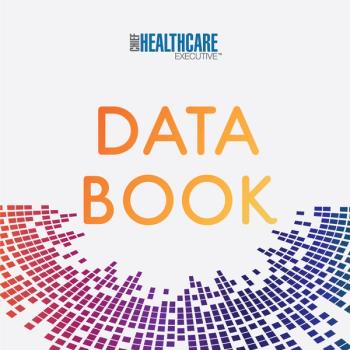
On this week's episode of Data Book, Dedi Gilad, CEO and co-founder of TytoCare, discusses the evolving technology of a virtual visit, the current state of remote patient monitoring and more.

On this week's episode of Data Book, Jesse Fasolo, director of technology, infrastructure, and cybersecurity at St. Joseph’s Health, discusses cybersecurity for hospitals and health systems, the biggest threats and points of vulnerability, how attackers are evolving, how to respond when there is a breach and more.

The hospitals are participating in a federal effort to collect and study the health data of women and babies. The hope is to reduce disparities in outcomes among racial and ethnic groups.

While telehealth is traditionally defined as between a patient and their provider, the use of telehealth to connect providers has been important, said Heather Bonome, PharmD, director, pharmacy URAC.

A University of Michigan study shows how wearable devices such as the Apple watch offer a window into the daily lives of thousands, offering valuable research and clinical information.

On this week's episode of Data Book, Charlotte Lee, MBChB, of Big Health, a digital therapeutics company, discusses digital therapeutic options for anxiety and insomnia, the importance of improved access to mental health care, reducing perceived stigma for mental health care and more.

Panelists during a session at the Galien Week of Innovation discussed their technological innovations that allow for a health system with a more connected patient.
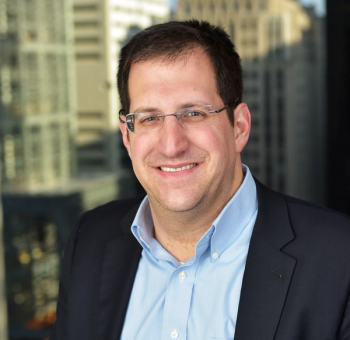
When it comes to securing data, healthcare ranks number one — for all the wrong reasons.